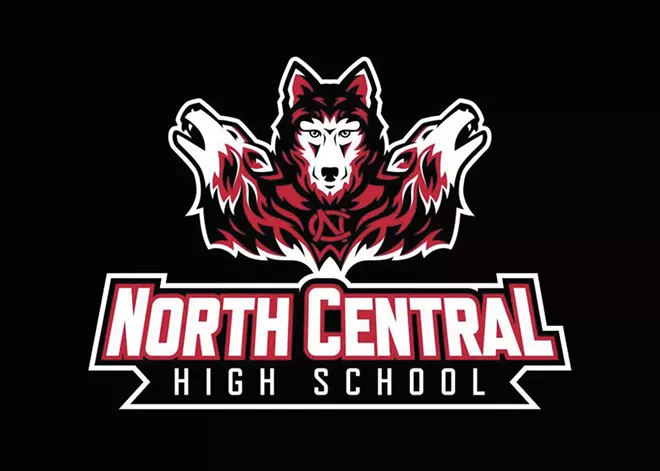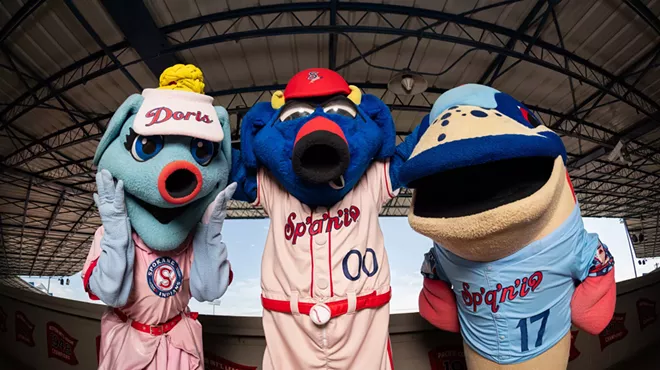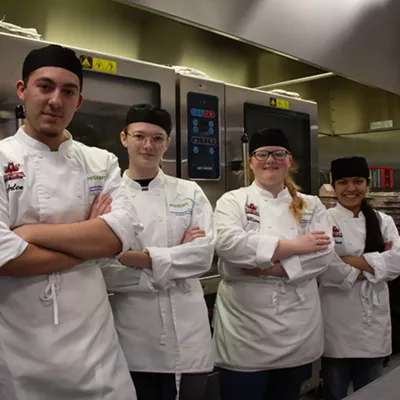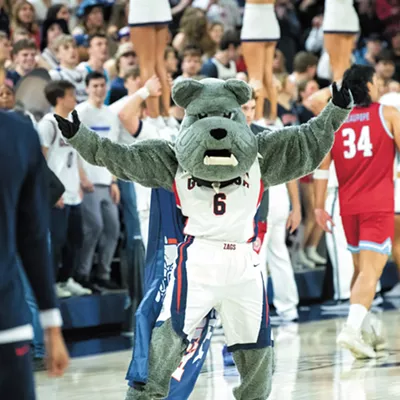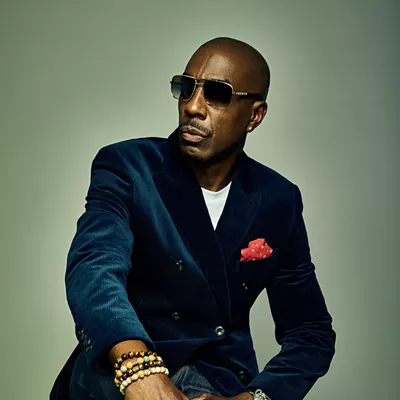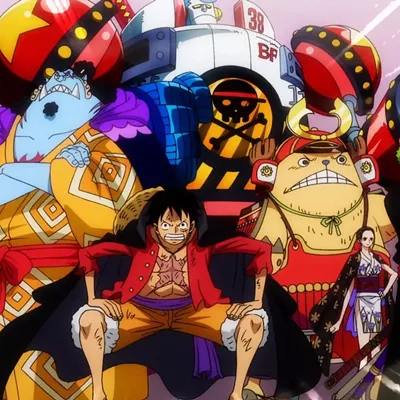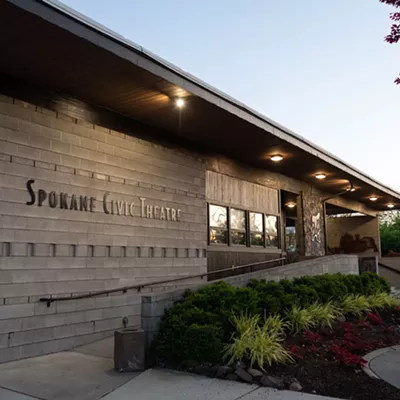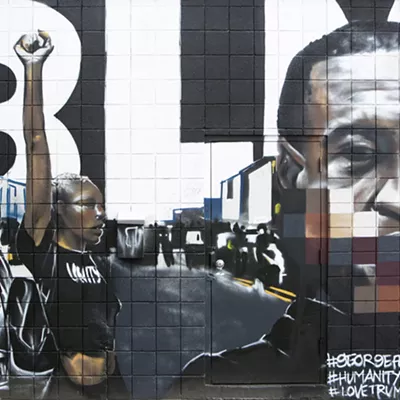If you walked the halls of North Central High School two years ago, you'd find students milling about in their letterman jackets and jerseys stamped with the face of a Native American tribal chief in a traditional headdress.
Nowadays, however, you'd struggle to find a shred of evidence that the school's mascot was ever anything other than a pack of howling wolves — the Wolfpack.
Mascots have been a staple of schools and sports teams for more than a century and for some, these iconic caricatures are the lifeblood that keeps fans coming back. For others though, some of these mascots sparked shame, rather than joy — that is, until one Washington legislator stepped in.
In 2021, state Rep. Debra Lekanoff — the only Native American woman currently in the state House of Representatives — introduced a bill that would prohibit the use of Native American names, symbols or images as public school mascots, logos or team names. House Bill 1356, which passed with bipartisan support, led schools across the state to recognize the harm that their mascots have caused.
Washington legislators didn't stop at the ban. They created a $1.6 million fund to help schools cover the costs of replacing or redesigning signage, uniforms and logos.
Locally, this change took center stage at North Central High School that same year — 2021 — when the mascot was changed from the Indians to the Wolfpack.
"In my own personal view it is dehumanizing. The stereotypical 'Indian' image was created to oppress and homogenize us," says Ivy Pete, a 2022 North Central graduate. "Mascots should not be something to be ashamed of or disgusted by. We should feel pride and joy."
Pete — who is Pyramid Lake Paiute and Blackfeet, and part of the 2 percent of the school's population who are Native — says it was never her intention to stand at the forefront of the movement. Still, she says she was honored to carry the voice of her ancestors forward to enact meaningful change. The 19-year-old now attends Yale University, where she's studying ethnicity, race, and migration and human rights, and hopes to make a bigger impact for Native communities throughout the country.
To fully understand the issue, Pete says we need to look at the ways the narrative has been intentionally misconstrued. These mascots weren't meant to honor Native Americans.
"Harm has been continually perpetuated and shielded by this facade of honor. These mascots symbolize us as the extinct, passive and defeated Native," Pete says. "Why do I need to be honored by something that simply isn't an accurate depiction of people?"
Native activists have been fighting against this imagery for the past century, but their protest in opposition was never enough to enact the change that Lekanoff's bill sparked. According to the Washington Office of Superintendent of Public Instruction, approximately 32 schools in the state had Native-inspired mascots or team names when HB 1356 was signed into law.
Now, only a few of these mascots remain. One caveat included in the bill meant that schools could keep their mascots as long as they consulted with local tribal officials and received explicit authorization.
"The beautiful part about this bill is that it wasn't just 'no more Indian mascots,'" Pete says. "It created this connection between schools and local tribes, and facilitates an important dialogue."
This can be seen in Wellpinit — located on the Spokane Indian Reservation — where nearly 90 percent of the high school population are Native American. Wellpinit's mascot has been the Redskins — a word used as an insulting and contemptuous term for American Indians — for more than 100 years and has been challenged on more than one occasion.
In 2014, the Wellpinit School Board voted to keep its mascot, following a push from some students to have it changed. When the issue came back to Wellpinit High School in 202l, students overwhelmingly told the district that they wanted to keep the mascot.
A resolution passed by the Spokane Tribal Council supported Wellpinit's students and their desire to keep their mascot as is.
The topic of harmful mascots has been debated in Spokane since the early 2000s. In 2006, the city's minor league baseball team, the Spokane Indians, partnered with the Spokane Tribe of Indians — the first partnership of its kind in the nation — in an effort to respectfully highlight the use of Native imagery.
Initially this meant that the team's logo was redesigned to include the tribe's native Salish language. More changes came in the 2010s, including an alternate uniform with Spokane written in Salish — "Sp'q'n'i?" — and historical markers throughout the Avista Stadium Hall-of-Fame Plaza documenting the story of the Spokane Tribe.
While there is always room for improvement, North Central High alum Pete says the work that Native activists have done and will continue to do in Washington is an important step toward strengthening public education for Indigenous students. ♦

